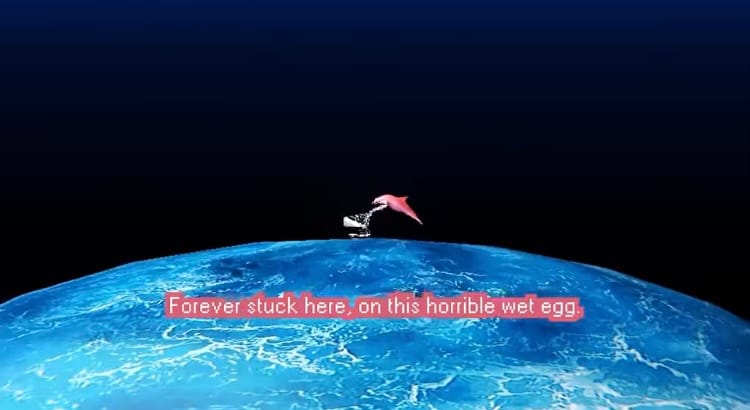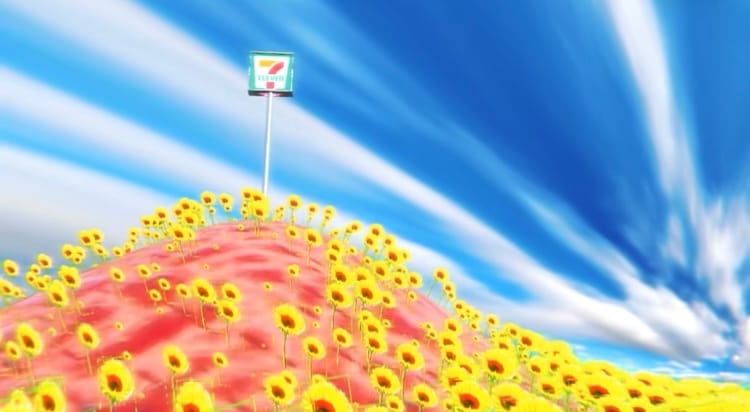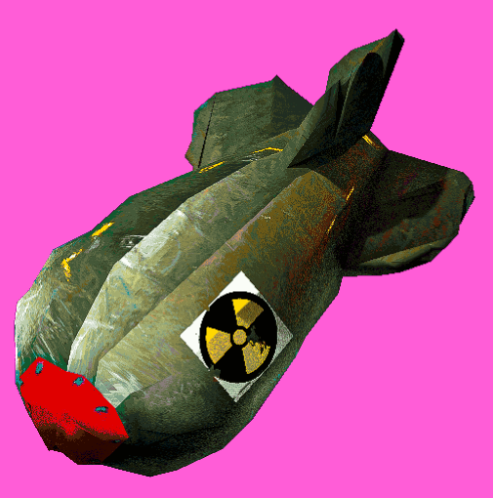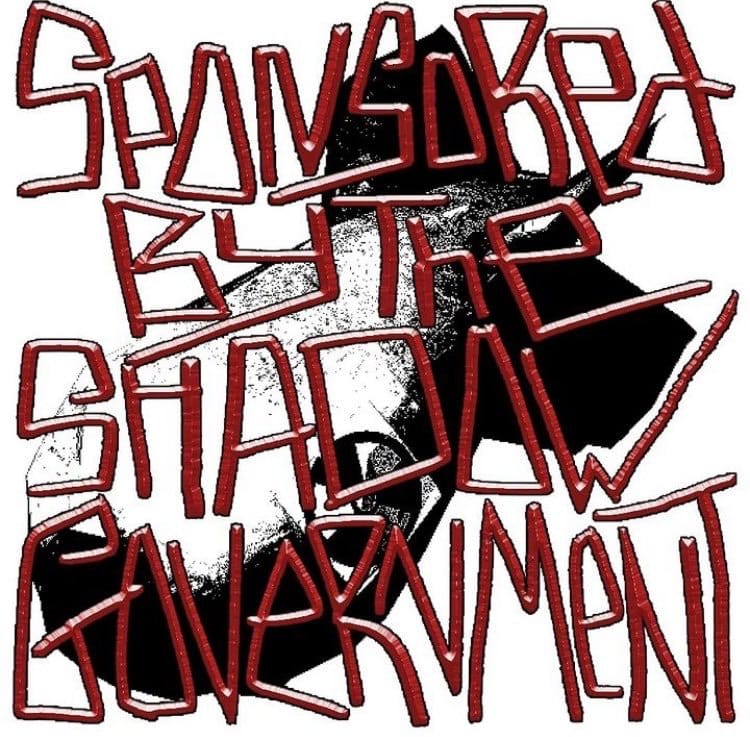The meme concept originates from Richard Dawkins' 1976 book The Selfish Gene, where he coined the term to describe an idea, behaviour, or style that spreads from person to person within a culture. The term is a shortening of the Greek word "mimeme," meaning "that which is imitated," which Dawkins used to explore how cultural information spreads.
For Dawkins, memes are the cultural counterpart to biological genes, units of cultural transmission that replicate, mutate, and respond to selective pressures. They can be tunes, ideas, catchphrases, clothes fashions, ways of making pots or building arches. Just as genes propagate by leaping from body to body via sperms or eggs, memes propagate by leaping from brain to brain. In this way, memes have always existed.
However, now memes have emerged as a unique creation, rather than a reaction, to the hyperconnected world created by the Internet. They are a direct translation of the collective consciousness of human beings engaged in the modern world. In a way, memes provide a window to witness the development of human consciousness all over again in a new medium.
One of the earliest examples of an Internet meme is the "smiley" — a simple representation of a smiling face using a colon and parenthesis - which became a universal shorthand for expressing emotion in text. Now, memes exist in a different nature, meant to express something deeper than a simple smile and nod.
The recent emergence of "deep fried memes," which are intentionally over-saturated and distorted for comedic effect, represents this trend toward surreal humour. Surrealism itself was born from the surrealism movement after World War I, in which artists depicted unnerving and illogical scenes to allow the unconscious mind to express itself. Memes today are beginning to cross into new territory of the subconscious. "Surreal memes," which often feature bizarre scenarios and non-sequitur humour, push the boundaries of the format and challenge conventional narratives.
As internet access and social media use continue to grow, memes are likely to keep evolving, mirroring the collective consciousness, But where is the destination, and what is being conveyed about the future direction of humanity?
OZBREN, a 24-year-old self-taught artist from the United Kingdom hints at the answer. His journey into art began as he entered his teenage years when he started experimenting with Photoshop during school lunch breaks. He utilizes 3D software such as Blender, Photoshop, and Procreate to create artworks known for their unique, surreal, and sometimes grotesque qualities. He describes himself as an “internet baby” and the digital world's influence, namely meme culture, is evident in his work.
By creating art that pokes fun at memes and internet culture and then challenges a deeper look at their implications, OZBREN’s work reflects the United Nations Sustainable Development Goals for Quality Education.
Comic Sans challenges viewers to consider the authenticity of their thoughts and experiences on the internet. It is an example of how surreal art can explore subconscious biases and critique societal norms. The phrase itself is a commentary on how public opinion is often shaped by popular sentiment on the internet rather than personal preference or informed critique. The font Comic Sans has been widely derided online, yet this piece suggests that such disdain might not be the result of individual discernment but rather a collective mindset propagated through digital channels.
The phrase, “You only hate Comic Sans because the internet told you to” typed on a human face begs the question, are opinions truly individual? Or are humans just a canvas of the collective consciousness of online culture?


A screengrab from The Abyss is Cold. Image courtesy of OZBREN’s YouTube channel.
Likewise, The Abyss is Cold is a short video on OZBREN’s YouTube, told in the surreal format of modern-day meme culture. The video depicts the viewer entering a 7-Eleven into a large floating ocean where a pink dolphin is shopping for salmon. The dolphin casually chats about how it's a glorious day to go shopping and is happy that salmon is on sale. Abruptly, the dolphin turns to the viewers and says, “I have seen things you people wouldn’t believe, forever stuck here on this horrible wet egg. The abyss is cold and I am all alone.”
Later the dolphin finds plentiful salmon which morphs into a human face who is awe-struck looking at the dolphin, “They say we are all equal in the eyes of the creator, but here I witness a creature of such grace and beauty. Far beyond that of my flesh.” The face offers himself to the dolphin to consume and the video ends.
The Abyss is Cold pokes fun at the insufferable nature of consumerism and the devastating effects of overfishing on the planet. It comments on mankind's selfish ways and ignorance of the beauty of Mother Earth. But it is also just a meme.


Legalize Nuclear Bombs by OZBREN. Image courtesy of @ozbren.xyz/Instagram.
Moreover, OZBREN created a GIF rendition of the widely popularized meme "Legalize Nuclear Bombs," originally introduced by artist Joeyy as a tag for his song, ᘜ𝒶ɹв︎𐌀ℵz𐌏. Accompanying the GIF was OZBREN's commentary, stating, "Sponsored by the Shadow Government." Despite its initial origin, the meme gained substantial momentum on TikTok, ultimately transforming into a widespread internet phenomenon.
In the digital environment, saturated with information and stimuli, there is a tendency to become overwhelmed and, consequently, desensitized. The chaotic nature of modern memes reflects a collective coping mechanism to manage and make sense of this overload. As real-world issues become more complex and daunting, such as the threat of nuclear warfare or a cruel government that operates in the shadows, there is a move toward expressing these issues through increasingly absurdist or surreal humour, as a way to engage without becoming overwhelmed by the gravity of the situations.
OZBREN challenges his viewers to analyze themselves through his mimicry and mockery of viral memes.
Are humans hiding behind memes? Too overwhelmed to directly engage with and change the trajectory of society?
The evolution of modern memes into more layered and complex forms reveals a significant shift in how collective thought processes societal issues. This change is characterized by a greater reliance on irony and satire, which serve as critical tools in dissecting and commenting on various aspects of society while remaining at an emotional distance. OZBREN challenges to consider that perhaps these critical tools are becoming too layered in themselves, the irony and satire they are meant to represent are evolving into a beast of their own. A beast that is increasing the emotional distance to a critical point, where empathy is lost and the world becomes far too detached from reality to take action on large issues that must be addressed.
